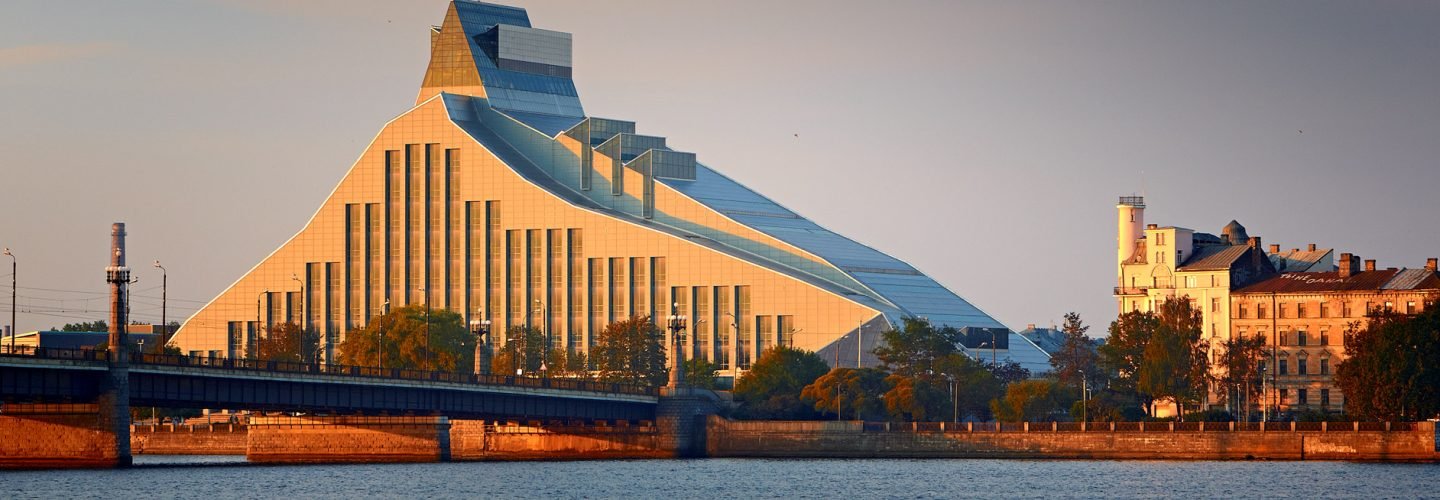
Urban Cultural Planning
UrbCultural Planning project is part-financed by the EU Interreg BSR programme. It runs from January 2019 to June 2021. DCI is the Lead Partner.
Common challenges
Cities today face unprecedented societal challenges. In particular growing needs to tackle social inclusion and sustainable development. At the same time as new needs arise, the resources of the public sector are in decline or stagnating.
New skills for citizen involvement are required as a response. Over the past two decades cultural planning has been developed as a proven method for citizen-driven urban social innovation.
The key challenge for public authorities in applying cultural planning is that new skills need to go beyond forms of classical (and often more passive) citizen participation. Active co-creation of collaboration between citizens themselves and between citizens and authorities is needed.
Main Objective
The main objective of the project is therefore: To advance the Baltic Sea Region performance in citizen-citizen and citizen-city authorities’ cooperation in order to increase urban social innovation, inclusion, and sustainable development of neighbourhoods in cities and towns in rural areas. Based on increasing the capacity of public authorities, and typically local NGOs and associations, to collaborate on citizen driven cultural planning.
Main outputs
This project will produce approximately 8-10 hands-on local demonstrator projects in neighbourhoods in cities or in towns in rural areas, of max. 20,000 persons in PL, LT, LV, FI, DK, DE. They will address challenges such as shrinking cities, social inclusion, gentrification, use of green or blue resources, lack of community life, stigmatization/conflicts etc..
To help city and local NGOs to use the method, the project produces a handbook for how to use the cultural planning method. Cities and local NGOs are mentored to help facilitate in best way possible. New methods are tested: The use of residencies for creative people (artists, architects etc) from other parts of BSR to inspire urban solutions. To engage young citizens in urban social innovation, via gaming-tools.
At “practice labs” hundreds of city managers will explore how to develop models they can use in their cities. Knowledge on the method is shared in 7 languages online. Hubs of experienced cities/specialists are established to help cities use the method.
Road-maps for policies enabling the use of the method to increase citizen driven solutions in local communities, are made. Policy and strategies are discussed with politicians, cities, NGOs etc. at conferences, in order to build a political momentum for adopting the citizen driven cultural approach.
Expected change for the region
The project is expected to increase the use of the methods to enable citizen driven transformations in the BSR.
This will benefit challenged communities across the region, increase their quality of life, sense of identity, community and social inclusion, and the sustainable development of the communities.
And it will help cities, to be better able to solve the many challenges public authorities are faced with.